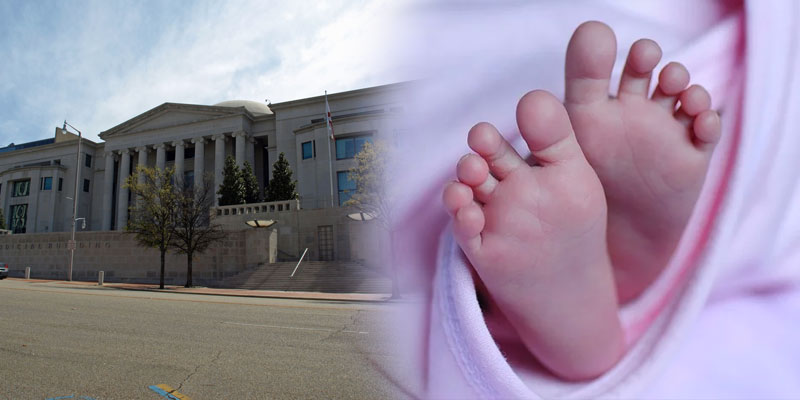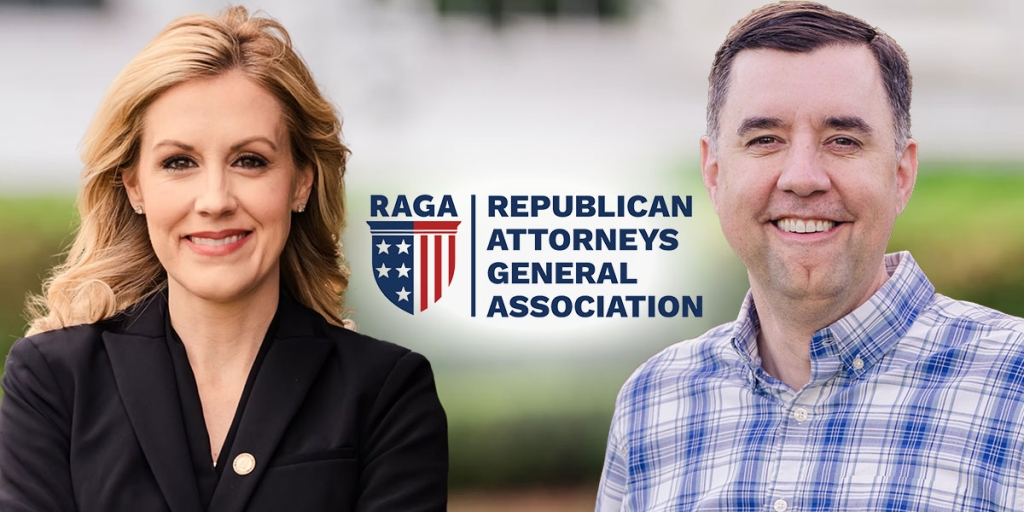The Supreme Court of Alabama on Friday issued a unanimous per curiam ruling affirming a Madison County Circuit Court decision to dismiss a much-publicized wrongful death lawsuit filed on behalf of an aborted embryo, known in the case as “Baby Roe.”
Ryan Magers filed the lawsuit in 2018 after his then-girlfriend aborted the six-week embryo against his wishes. The case being introduced in court was made possible by Madison County Probate Judge Frank Barger, who found that Magers could represent the estate of Baby Roe. He was seeking damages against the Alabama Women’s Center for Reproductive Alternatives located in Huntsville.
The lawsuit was filed after the people of Alabama via a 2018 referendum approved a constitutional amendment declaring the state’s policy to “recognize and support the sanctity of unborn life and the rights of unborn children, including the right to life.”
The Supreme Court’s Friday decision did not go into the merits of Magers’ lawsuit; the court ruled against Magers purely on procedural basis, saying that his initial brief failed “to comply with Rule 28, leaving this Court with nothing to review.”
“We therefore affirm the judgment of the circuit court,” the Supreme Court concluded.
Associate Justices Tommy Bryan and Sarah Stewart affirmed, while Associate Justices Will Sellers, Greg Shaw and Brad Mendheim concurred in the result.
Additionally, Chief Justice Tom Parker and Associate Justices Kelli Wise and Mike Bolin joined a special concurrence written by Associate Justice Jay Mitchell.
Acknowledging that Magers’ brief did not comply with Rule 28, Mitchell adds, “I write separately, however, to state my view that Roe v. Wade, 410 U.S. 113 (1973), and Planned Parenthood of Southeastern Pennsylvania v. Casey, 505 U.S. 833 (1992), are due to be overruled by the United States Supreme Court.”
“Much has been written about the deficiencies of Roe and Casey,” he continues. “I won’t recite all of those arguments here. But because abortion is a subject that does not frequently come before our Court, I take this opportunity to point out what I consider to be several serious problems with those decisions.”
Mitchell then argues, “First, the central holding of Roe — that there is a constitutional right to have an abortion based on a judicially created trimester framework — has no grounding in the text of the United States Constitution.”
After citations backing that first assertion, the justice writes, “Second, the right to have an abortion has no foundation ‘so rooted in the traditions and conscience of our people as to be ranked as fundamental.’”
“To conjure the right to have an abortion from the Due Process Clause, the United States Supreme Court ‘had to find within the Scope of the Fourteenth Amendment a right that was apparently completely unknown to the drafters of the Amendment,’” Mitchell subsequently outlines.
“Finally, Roe and Casey hamstring states as they seek to prevent human tragedy and suffering,” he later argues. Mitchell then cites Alabama’s attempt to regulate the gruesome second-trimester abortion procedure medically known as “dilation and evacuation,” more commonly referred to as “dismemberment.”
Mitchell explains that Roe and Casey bind lower courts and “states remain severely constrained in their ability to account for the unborn by enacting and enforcing laws that protect them in the womb, even in the face of a procedure as horrific as dismemberment abortion.”
“In my view, the doctrine of stare decisis creates no barrier to overruling Roe and Casey,” he advises.
Mitchell cites a 2005 scholarly writing by newly appointed Supreme Court of the United States Associate Justice Amy Coney Barrett in making his argument regarding stare decisis.
“Roe and Casey are untethered from the text and history of the Constitution and, for that reason, have never been accepted by a critical mass of the American people. Further, those precedents require judges — many of whom are unelected — to make policy decisions that lie outside the judicial power,” he notes. “All of these features make Roe and Casey ripe for reversal.”
Mitchell concludes, “The time has come for the United States Supreme Court to overrule Roe and Casey. I respectfully urge the Court to do so at the earliest opportunity. I also encourage other courts across the country to raise their judicial voices, as appropriate, by pointing out the constitutional infirmities of Roe and Casey and asking the Court to overrule those highly regrettable decisions.”
Read Mitchell’s full special concurrence here.
Sean Ross is the editor of Yellowhammer News. You can follow him on Twitter @sean_yhn











